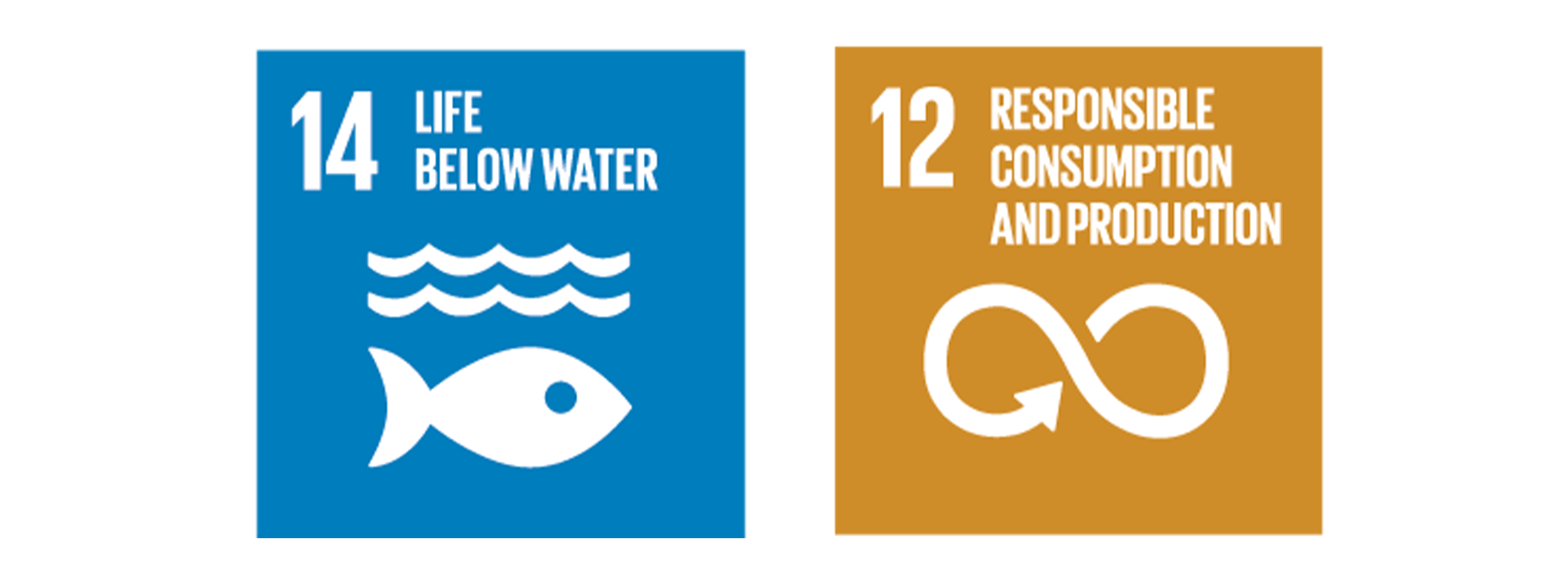ACCELERATE2030
Global Finalist Profile
“Sunspectra upcycles agricultural waste and transforms it into cosmetic products. Their first product line is reef-safe papaya based sunscreen.”
Sunspectra
Costa Rica
The Problem
About 14000 tons of sunscreen enter the oceans every year, most of it containing toxic ingredients such as oxybenzone, avobenzone and octocrylene. These ingredients are proven to be cancerogenic and promote bleaching and decay of coral reefs, a vital ecosystem that, in conjunction with climate change, is steadily being lost over the years. Approximately 85% of coral reefs in the Caribbean have been lost already and this leads to an unbalance of marine life, further promoting climate change and wreaking havoc to coastline communities and economies.
Additionally, there’s global food & plastic waste. Focusing on papaya waste – approximately 30% of papaya production is wasted every year which is an opportunity cost for farmers, plus it contributes to harmful emissions and aggravates the production’s carbon footprint.
The Solution
Sunspectra upcycles fruit waste into cosmetic products for daily and massive consumption. The company addresses environmental and social issues through the development of carefully engineered formulations that are safe (to our health & that of ecosystems), minimum waste, and provide beneficial properties for skincare.
The first line of products consists of unique and effective formulations that incorporate papaya waste acquired locally from small producers, and turns it into reef-safe sunscreens with a double functionality as makeup. Sunspectra’s solution strives for holistic sustainability, minimum environmental impact, and incorporating social collaboration.
Media Inquiries
Investors and Partners
ACCELERATE2030
Global Finalist Profile

“Sunspectra upcycles agricultural waste into cosmetic products; our first line of products are reef-safe papaya based sunscreens.Sunspectra seeks to generate a positive impact by reducing food waste and CO2 emissions, minimizing chemical & plastic pollution in our oceans, and financially supporting local producers through the purchase of their waste produce.”
Sunspectra
Costa Rica

MARIOLA URGELLÉS

The Problem
About 14000 tons of sunscreen enter the oceans every year, most of it containing toxic ingredients such as oxybenzone, avobenzone and octocrylene.
These ingredients are proven to be cancerogenic and promote bleaching and decay of coral reefs, a vital ecosystem that, in conjunction with climate change, is steadily being lost over the years.
Approximately 85% of coral reefs in the Caribbean have been lost already and this leads to an unbalance of marine life, further promoting climate change and wreaking havoc to coastline communities and economies (related to SDG 14 life below water, reducing pollution & protecting marine ecosystems).
Additionally, there’s global food & plastic waste (related to SDG 12, halving food waste & reducing waste generation).
Focusing on papaya waste – approximately 30% of papaya production is wasted every year which is an opportunity cost for farmers, plus it contributes to harmful emissions and aggravates the production’s carbon footprint.
The Solution
Sunspectra upcycle fruit waste into cosmetic products for daily and massive consumption.
We’d be addressing environmental and social issues through the development of carefully engineered formulations that are safe (to our health & that of ecosystems), minimum waste, and provide beneficial properties for skincare.
Our first line of products consists of unique and effective formulations that incorporate papaya waste acquired locally from small producers, and turns it into reef-safe sunscreens with a double functionality as makeup.
Our solution strives for holistic sustainability, minimum environmental impact, and incorporating social collaboration.
